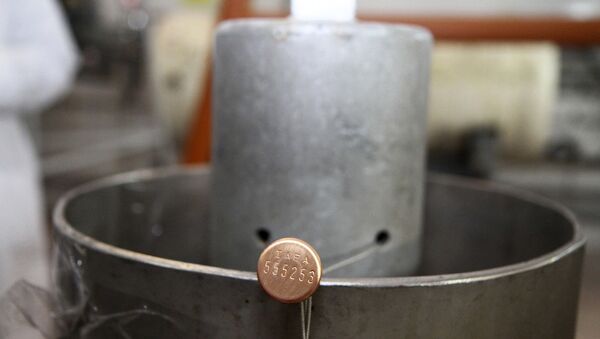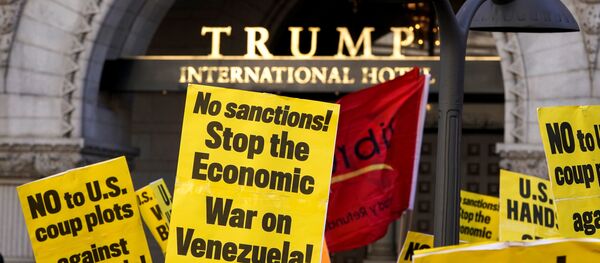“Under the JCPOA (Joint Comprehensive Plan of Action), Iran can produce heavy water… and based on the agreement, we have not carried out anything in violation of it. Therefore we will carry on with enrichment activity. You can either buy it or not,” Larijani said on Saturday.
Under the JCPOA, Tehran is limited to keeping 300 kilograms of uranium enriched up to 3.67 percent. As part of the nuclear deal, Iran is allowed to sell any enriched uranium above that threshold on international markets in exchange for natural uranium.
In a quarterly report released in February, the International Atomic Energy Agency (IAEA) said Iran has continued to comply with the restrictions on its nuclear activities under the JCPOA. The report stated that Iran has remained within the caps on the level to which it can enrich uranium and complied with limitations on its stock of enriched uranium in accordance with the nuclear accord.
READ MORE: EU, France, Germany, UK Concerned Over US End to Iran Oil Waivers — Statement
“We know what they are doing, but we are not like some novice [countries] in the region and we will do nothing … that may lead to further chaos in the region,” the Iranian parliamentarian said.
In April, Washington announced that it would not reissue waivers for Iranian oil importers after their expiry on 2 May. On Friday, the US State Department said that the waivers allowing the storage of Iran’s heavy water that was produced in excess of current limits would be revoked and that any involvement in the transfer of Iranian uranium would be subject to US sanctions. It also, however, granted 90-day waivers for Iran’s non-proliferation activities at the Bushehr, Fordow, Arak and Tehran Research Reactor nuclear facilities.



